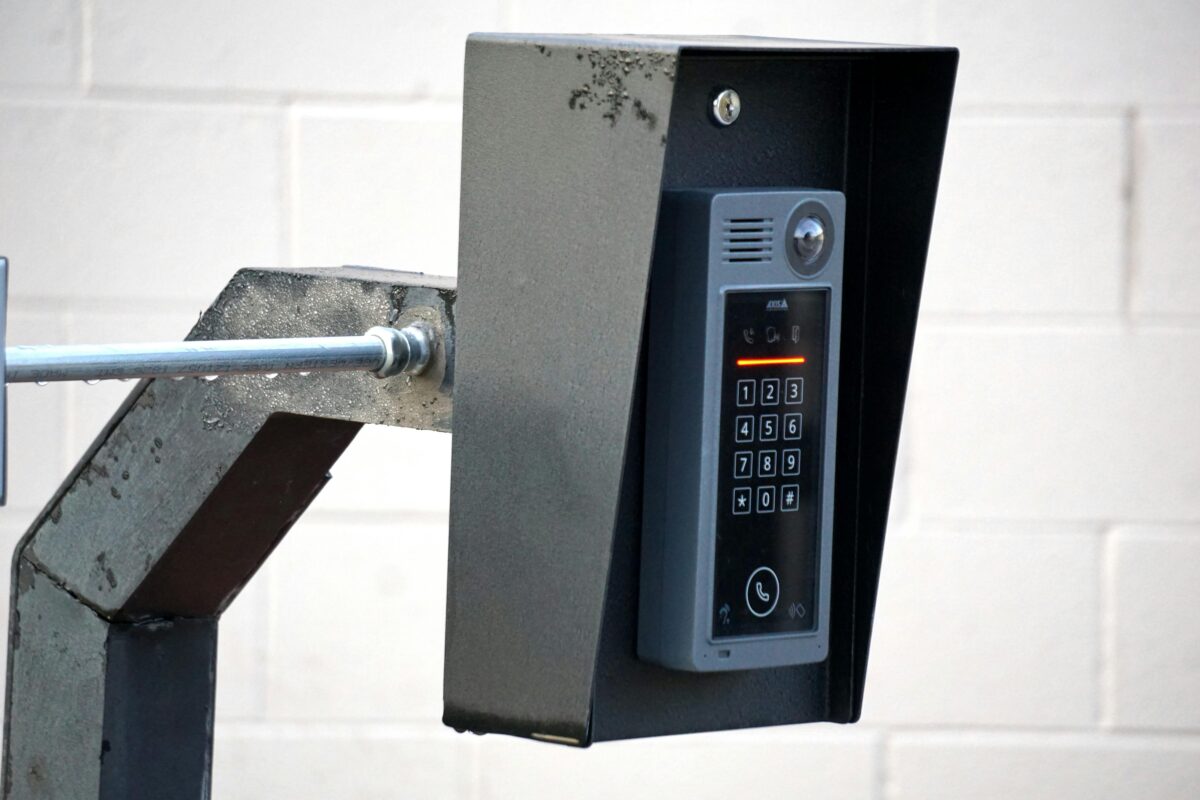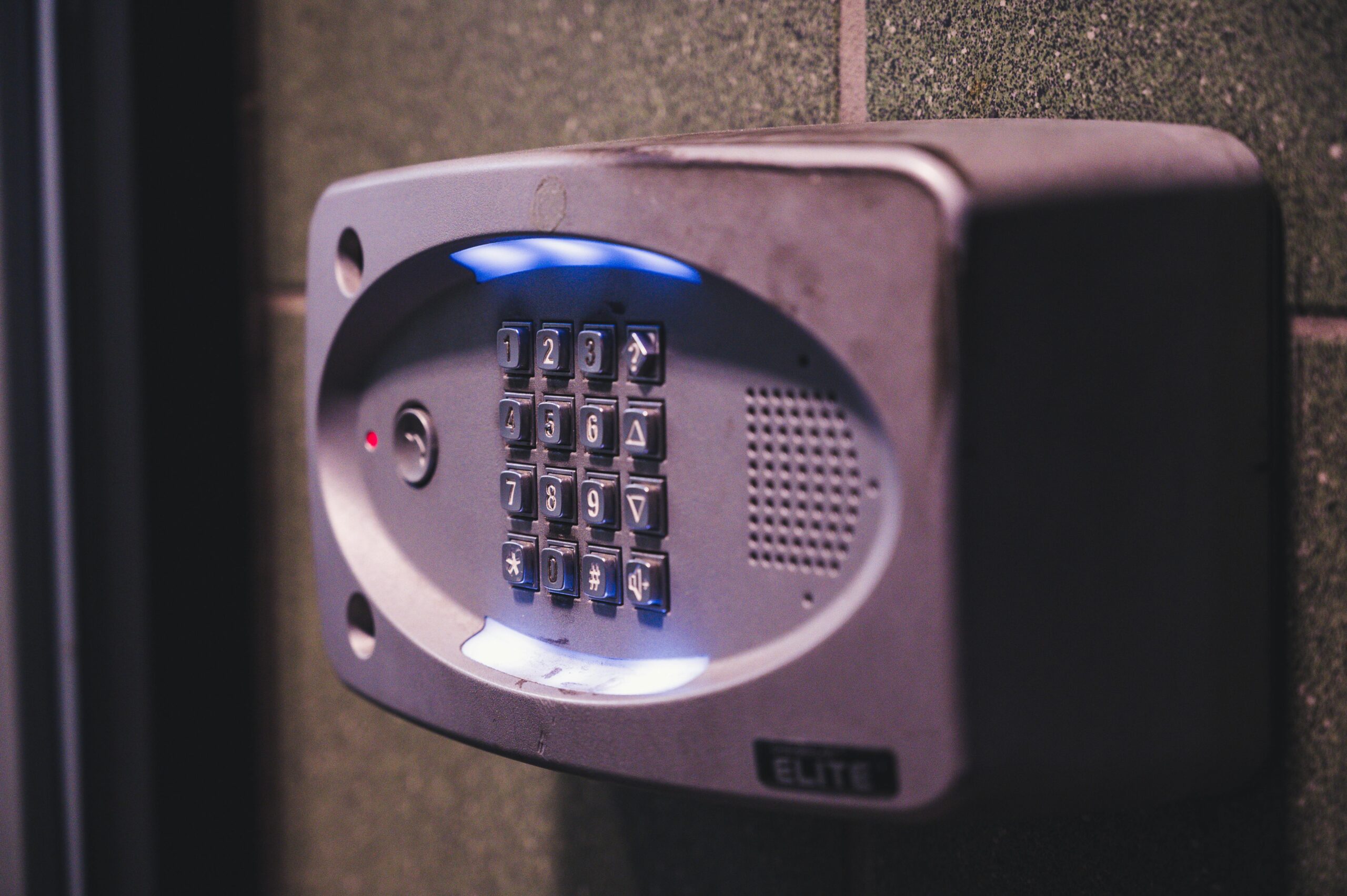“The Importance of Strong Passwords: Best Practices and Tools”
Avoiding Common Password Mistakes

In today’s digital world, passwords are the first line of defense against unauthorized access to our personal and professional information. Whether it’s your email, bank account, or social media profiles, a strong password can protect you from cyber threats that are becoming increasingly sophisticated. Despite this, many users still underestimate the importance of a strong password. This blog will explore why strong passwords matter, best practices for creating them, and the tools available to help manage and secure your passwords effectively.
Why Strong Passwords Matter
Passwords are the keys to your digital life. A weak or easily guessable password can be cracked in seconds, giving hackers access to your personal data, financial information, and more. Cybercriminals use various techniques such as brute force attacks, dictionary attacks, and phishing to gain access to accounts with weak passwords. Once they have access, they can steal your identity, drain your bank accounts, or even lock you out of your own devices.
Strong passwords make it significantly more difficult for attackers to gain unauthorized access. They act as a deterrent, forcing hackers to invest more time and resources to break through, which often makes them move on to easier targets.
Best Practices for Creating Strong Passwords
- Length Matters: The longer your password, the harder it is to crack. Aim for a minimum of 12 characters. Every additional character exponentially increases the difficulty of a brute force attack.
- Use a Mix of Characters: Combine uppercase letters, lowercase letters, numbers, and special characters. This creates a complex password that is harder to guess or crack.
- Avoid Common Words and Phrases: Hackers often use dictionary attacks where they try common words and phrases. Avoid using your name, common phrases, or easily guessable information like birthdays.
- Don’t Reuse Passwords: Using the same password across multiple accounts is risky. If one account is compromised, all other accounts with the same password are vulnerable.
- Consider Passphrases: A passphrase is a sequence of random words or a sentence that is easy to remember but hard to guess. For example, “PurpleMonkey$4Tea!” is both complex and memorable.
- Update Regularly: Change your passwords periodically, especially if you suspect they may have been compromised. This reduces the window of opportunity for attackers.
Tools to Help Manage and Secure Passwords
Managing multiple strong passwords can be challenging, especially when you follow the best practice of not reusing passwords. Fortunately, there are tools designed to help you manage your passwords securely:
- Password Managers: These tools store your passwords securely and can generate strong, random passwords for each of your accounts. Popular options include LastPass, 1Password, and Bitwarden. They also offer features like auto-filling passwords and securely sharing login details with trusted contacts.
- Two-Factor Authentication (2FA): Adding an extra layer of security, 2FA requires not only your password but also a second form of identification, such as a code sent to your phone. Even if your password is compromised, the attacker would still need access to your second factor to gain entry.
- Security Keys: A physical security key (like a YubiKey) provides an additional layer of security by requiring physical access to the key in order to log in. This is particularly effective against phishing attacks.
- Regular Security Audits: Periodically review your accounts to ensure that none have been compromised. Some password managers offer built-in audit tools that alert you to weak, reused, or compromised passwords.
Conclusion
Strong passwords are an essential component of your digital security. By following best practices and utilizing the right tools, you can significantly reduce your risk of falling victim to cyber threats. Remember, the time and effort spent creating and managing strong passwords is a small price to pay for the peace of mind that comes with knowing your online accounts are secure.
Take the necessary steps today to strengthen your passwords
Share this content:









Post Comment